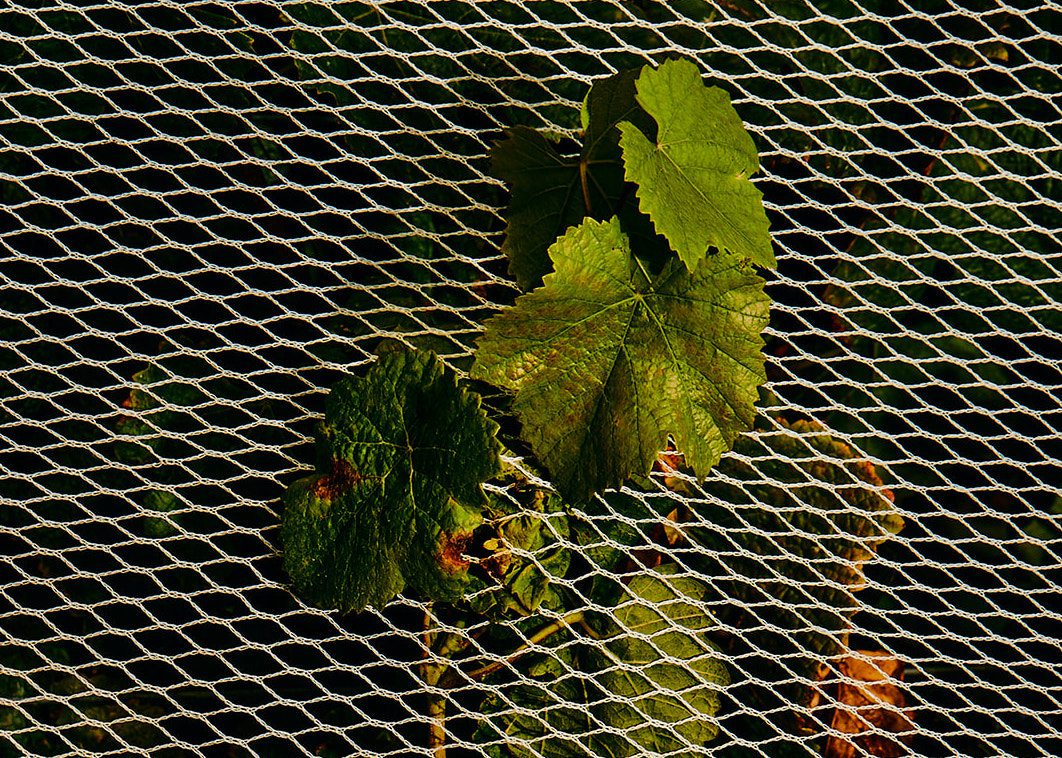
The Australian wine industry’s transition to a more bio-secure future was accelerated this week with the Mornington Peninsula Wine’s collaborative eight-year rootstock research and trial project delivered to industry delegates at the Australian Wine Industry Technical Conference.
This comprehensive program included winemakers, scientists, grapegrowers and industry groups to investigate the best phylloxera-resistant grapevine rootstock for the popular Pinot Noir MV6 clone.
Mornington Peninsula Wine’s technical chair, Tyson Lewis, said the CSIRO has isolated additional rootstocks which may be suitable, in certain soils and environments, for MV6 which many Australian Pinot Noir producers depend on.
He said the project sought to understand how each new rootstock performed at various sites and collect data critical for winemakers and winegrowers to select the right rootstock with confidence.
“The work we’ve done has demonstrated the choice of rootstock will deliver different outcomes in the vineyard and in the glass,” Lewis said.
“The study was designed specifically for winemakers and grapegrowers with phylloxera vulnerability, to alleviate any anxiety about investing in rootstocks and to help mitigate any risks they might have when replanting.”
This rootstock trial brought together expertise from the CSIRO, University of Melbourne, The Australian Wine Research Institute (AWRI), Yalumba Nursery as well as Mornington Peninsula winemakers and viticulturists to ensure the work accurately captured all the scientific and sensory data needed to make informed decisions.
AWRI managing director Dr Mark Krstic said the results of this rootstock trial are also critical for Mornington Peninsula and cool climate winegrowers to adapt to a changing climate.
“Pinot Noir is such a sensitive variety. The rootstock breeding program in development with the CSIRO will introduce the next generation of genetic material to reassure Mornington Peninsula producers and others of their future, in what could be a warmer and drier climate,” Dr Krstic said.
The 14 different rootstocks planted between 2014 and 2016 at two different vineyards with different soil profiles and micro-climate conditions, were analysed in detail to determine vine and site variations such as canopy size, flowering and required plant nutrients.
The wines produced from each rootstock also delivered variations in tannin, phenolics, pH, sensory attributes and expression analysed and documented by a professional panel of winemakers, led by Moorooduc Estate’s Richard McIntyre and Jeremy Magyar.
Mornington Peninsula CEO Olivia Barrie said that thanks to this trial, wineries can ensure they get equal or potentially better results from rootstocks they select specifically suited to their site and soil conditions, while safe-guarding against potential biosecurity challenges in the future.
“Replanting to rootstocks is not a simple decision, particularly for wineries with a proven legacy of high-quality wine made from vineyards with age and distinction,” she said.
“But the potentially devastating impact of phylloxera as well as the changing climate means vineyard changes will be more likely and more pertinent.
“The results of this trial means our members will now be better positioned to manage these threats and to make the right investment decisions.”
The project is ongoing until 2024 and could not have been possible without the collaboration and dedication of The University of Melbourne’s School of Agriculture and Food, The AWRI, Peninsula Vinecare, CSIRO, Yalumba Nursery, The Australian Grape and Wine Authority, Wine Australia, Wine Victoria, the Victorian State Government, Moorooduc Estate and Ten Minutes By Tractor.
The project report is now available by request from Mornington Peninsula Wine.
Related content
Yabby Lake wins Provenance Award at Mornington Peninsula Wine Show
Mornington’s Joe Vaughan Recognised For Environmental Excellence













Recent Comments